Assume a table like this (in actuality I have 50 date columns to compare):
| ID | MY_DATE_1 | MY_DATE_2 | MY_DATE 3 |
|---|---|---|---|
| 1 | 2022-10-1 | 2022-11-1 | 2022-12-1 |
| 2 | 2022-10-31 | 2022-11-31 | 2022-12-31 |
For each record, I want to get the most recent, non-blank past date (less than today's date) looking across all date columns.
So I would want these results (given a current date of 2022-11-15):
| ID | LATEST_DATE |
|---|---|
| 1 | 2022-11-1 |
| 2 | 2022-10-31 |
I found this code elsewhere, but it just gets the max date across columns, and I need to add the condition somewhere for "max past" and not just "max overall" but I'm not experienced with CROSS APPLY and don't know if I can modify this query or if there's another way to write it that will work.
SELECT MA.MaxDate
FROM <my_table> AS MT
CROSS APPLY (
SELECT MAX(VA.LDate)
FROM (VALUES(MT.MY_DATE_1),(MT.MY_DATE_2),(MT.MY_date_3)) VA(LDate)
) AS MA(MaxDate)
